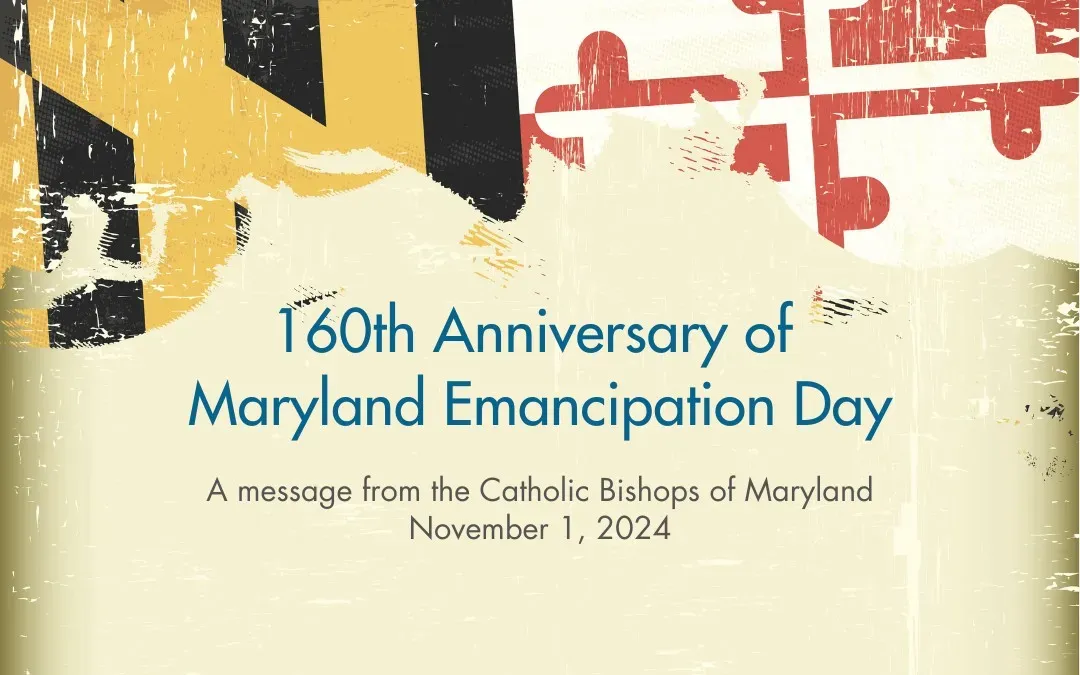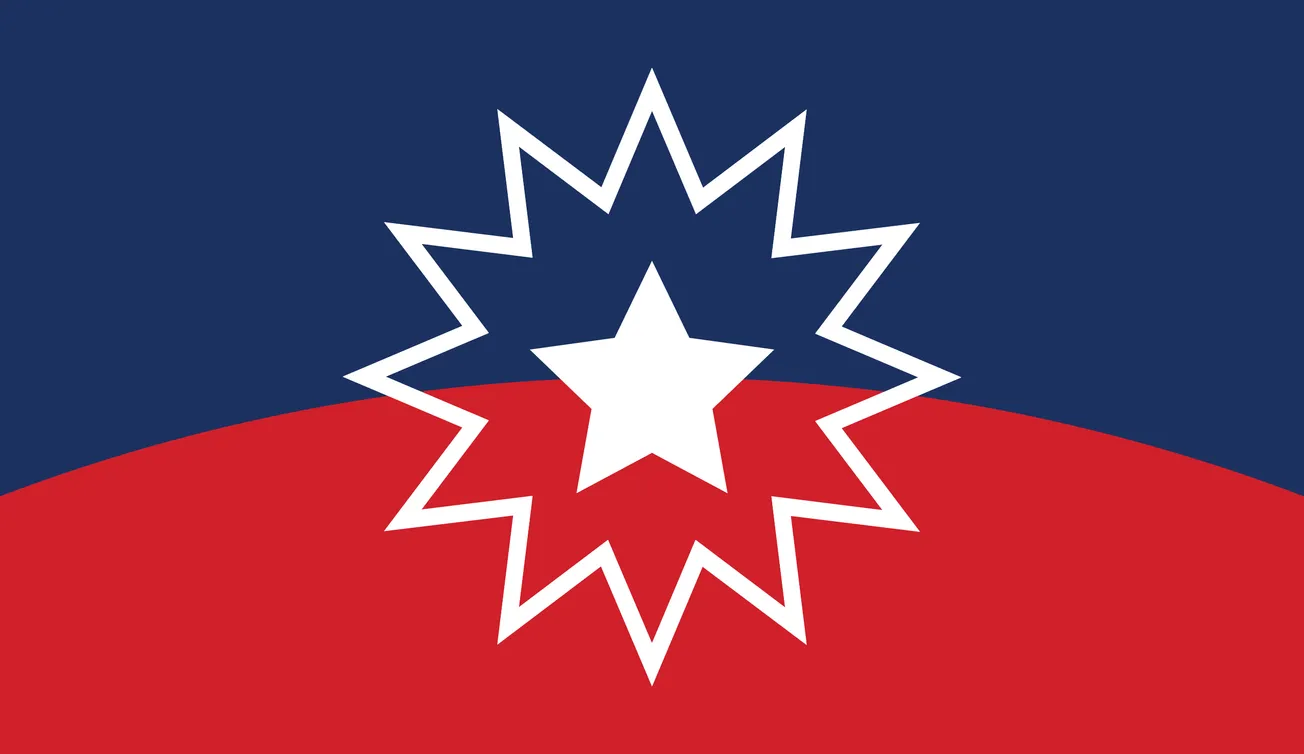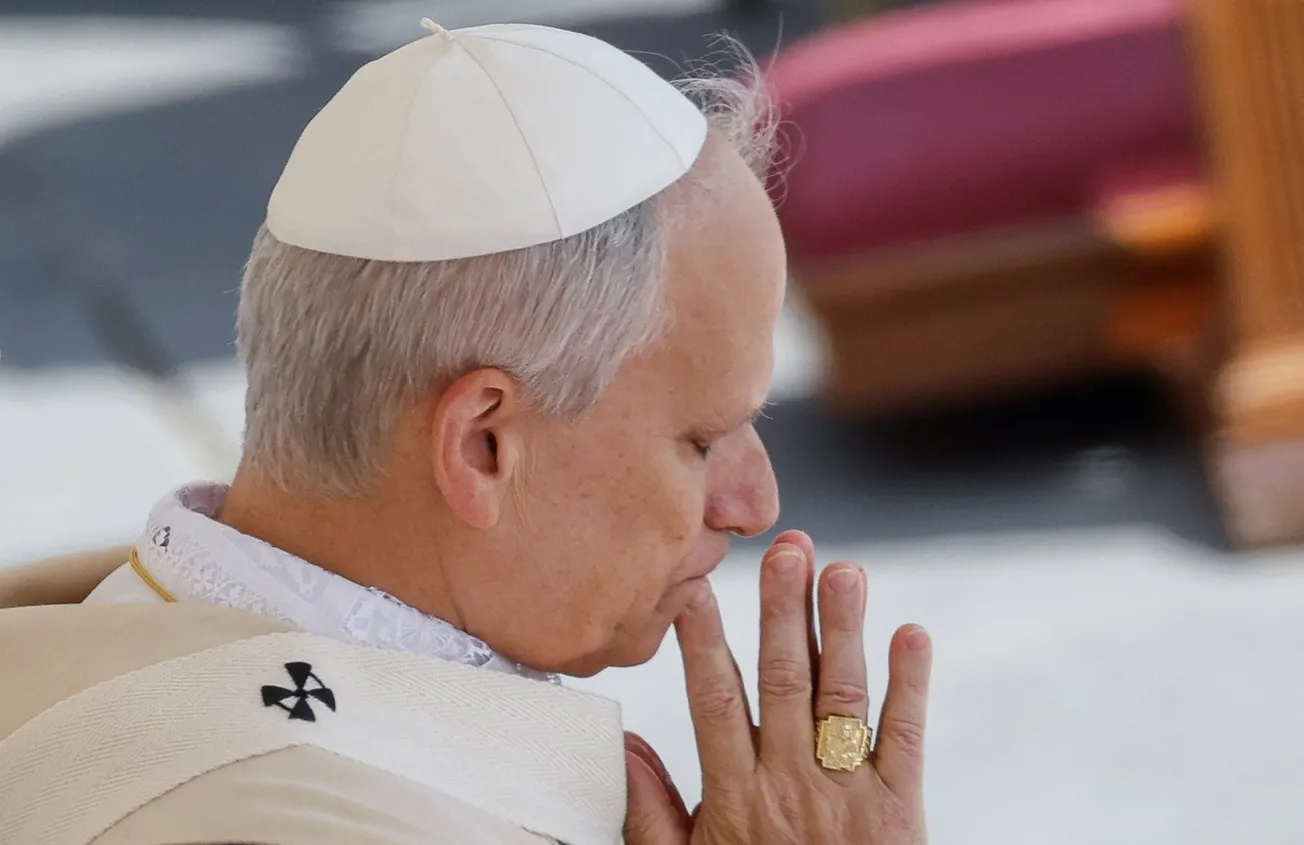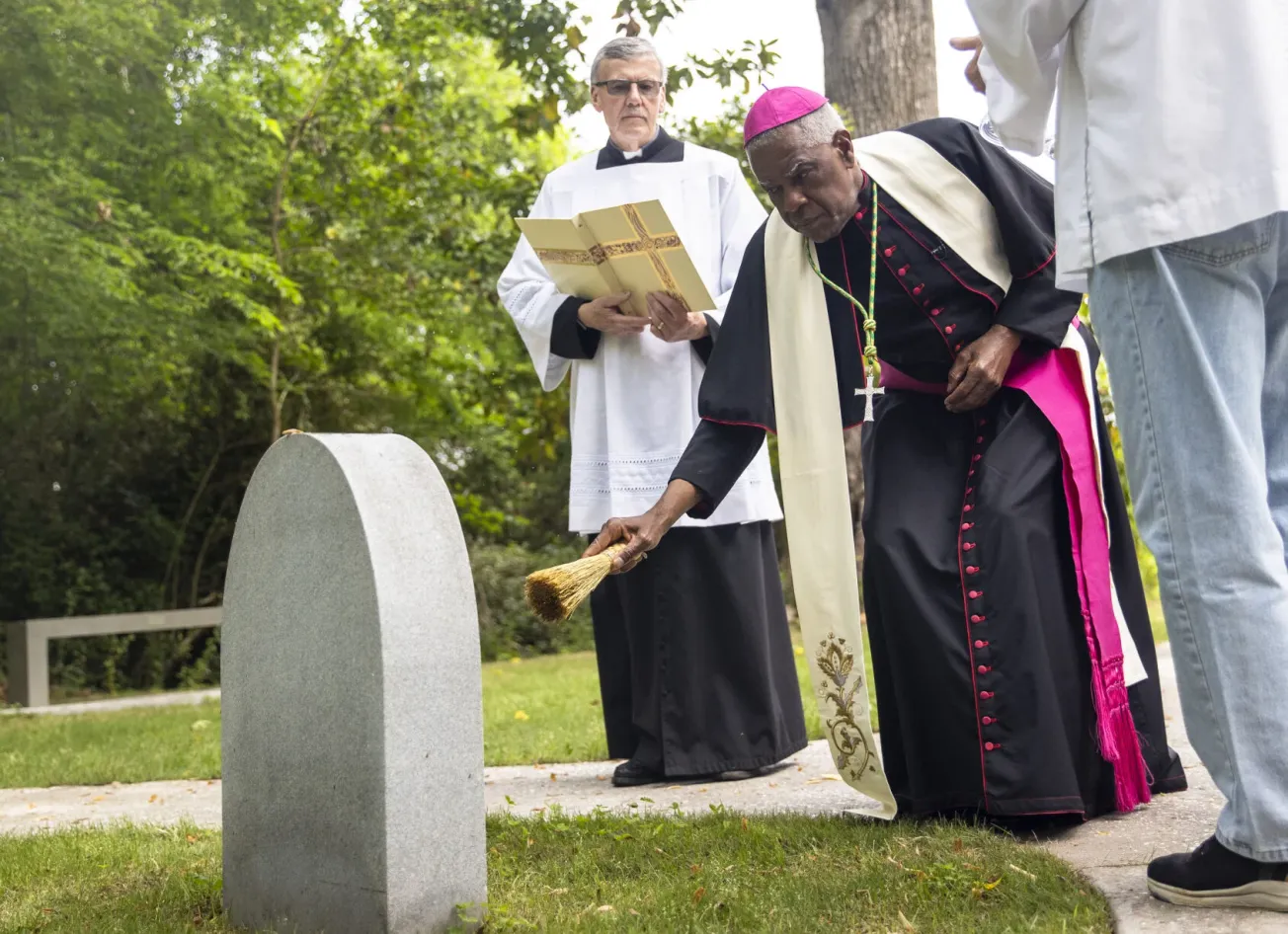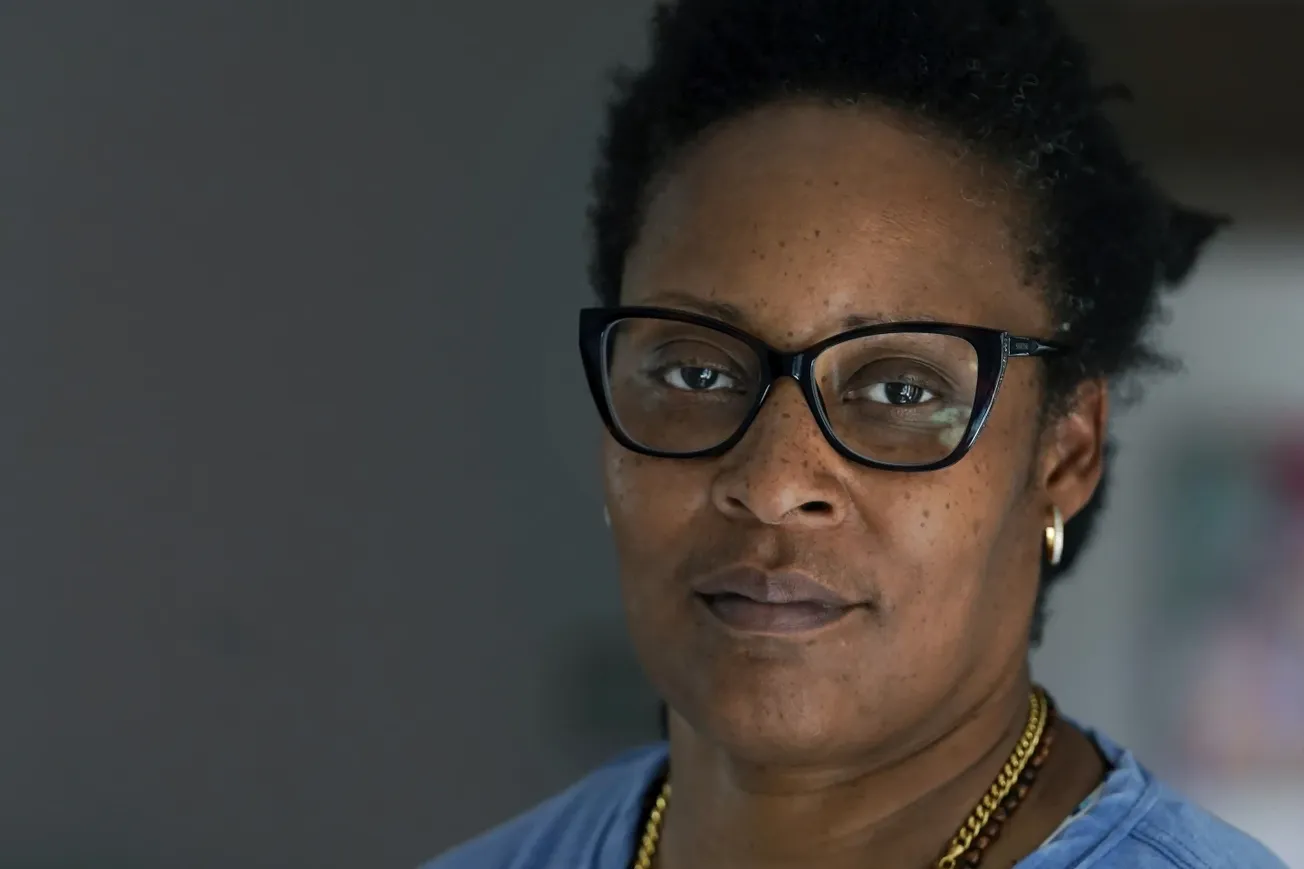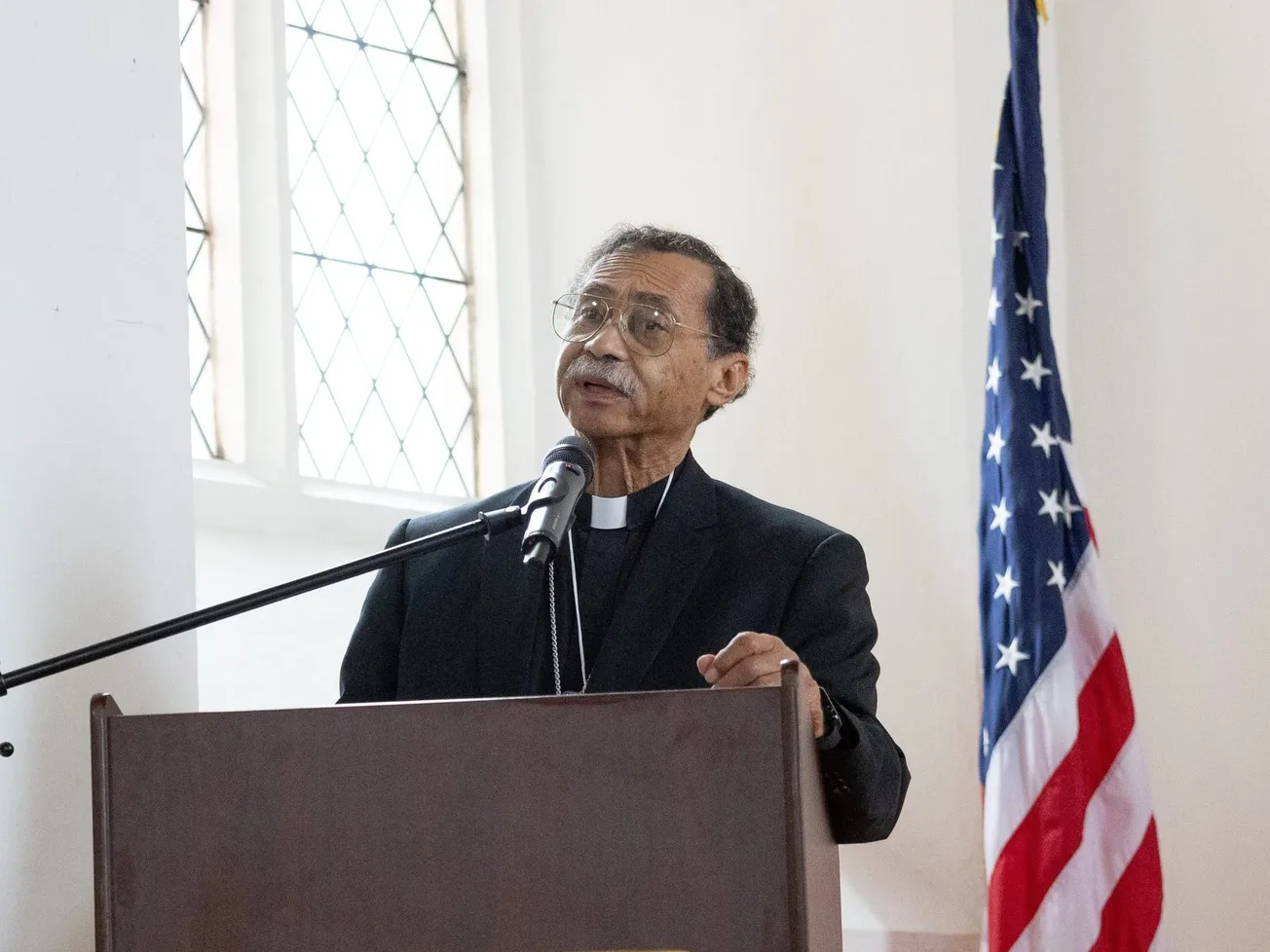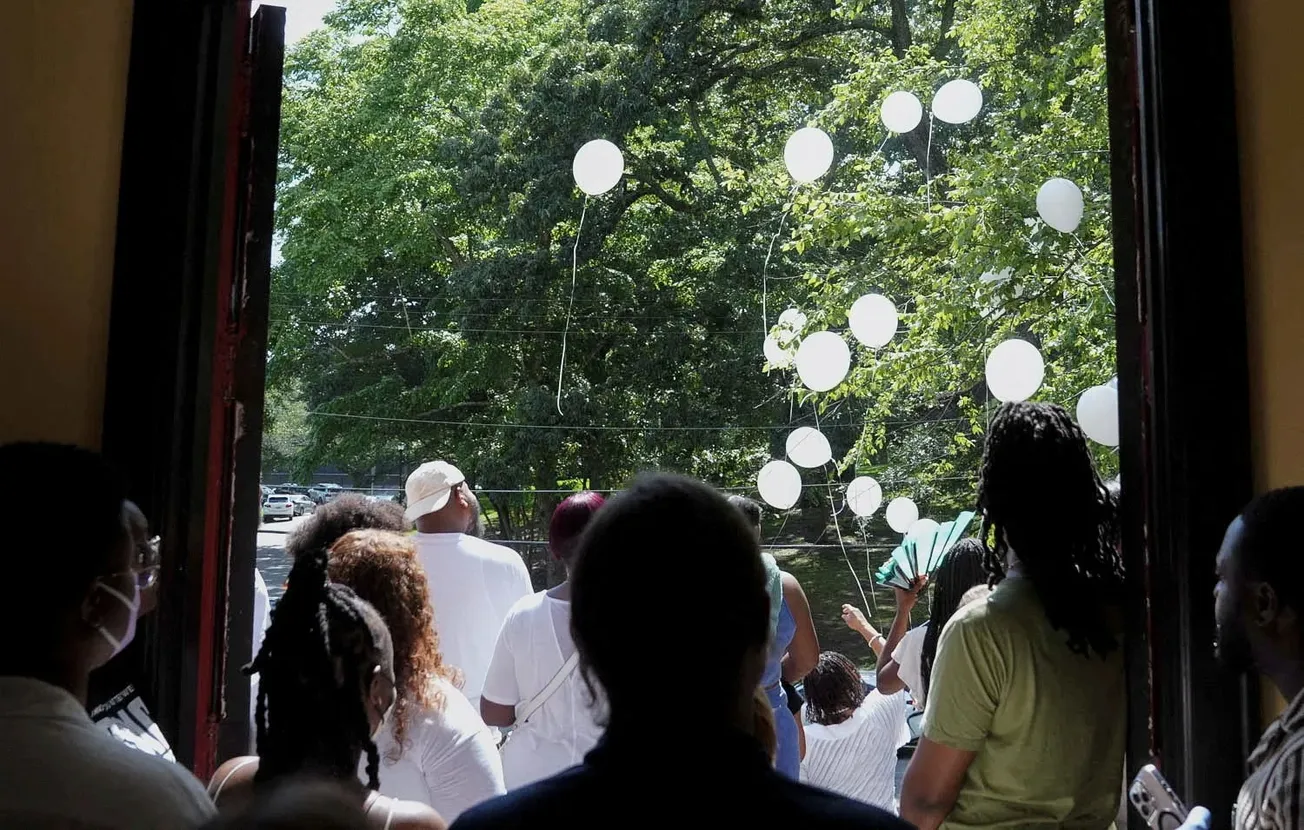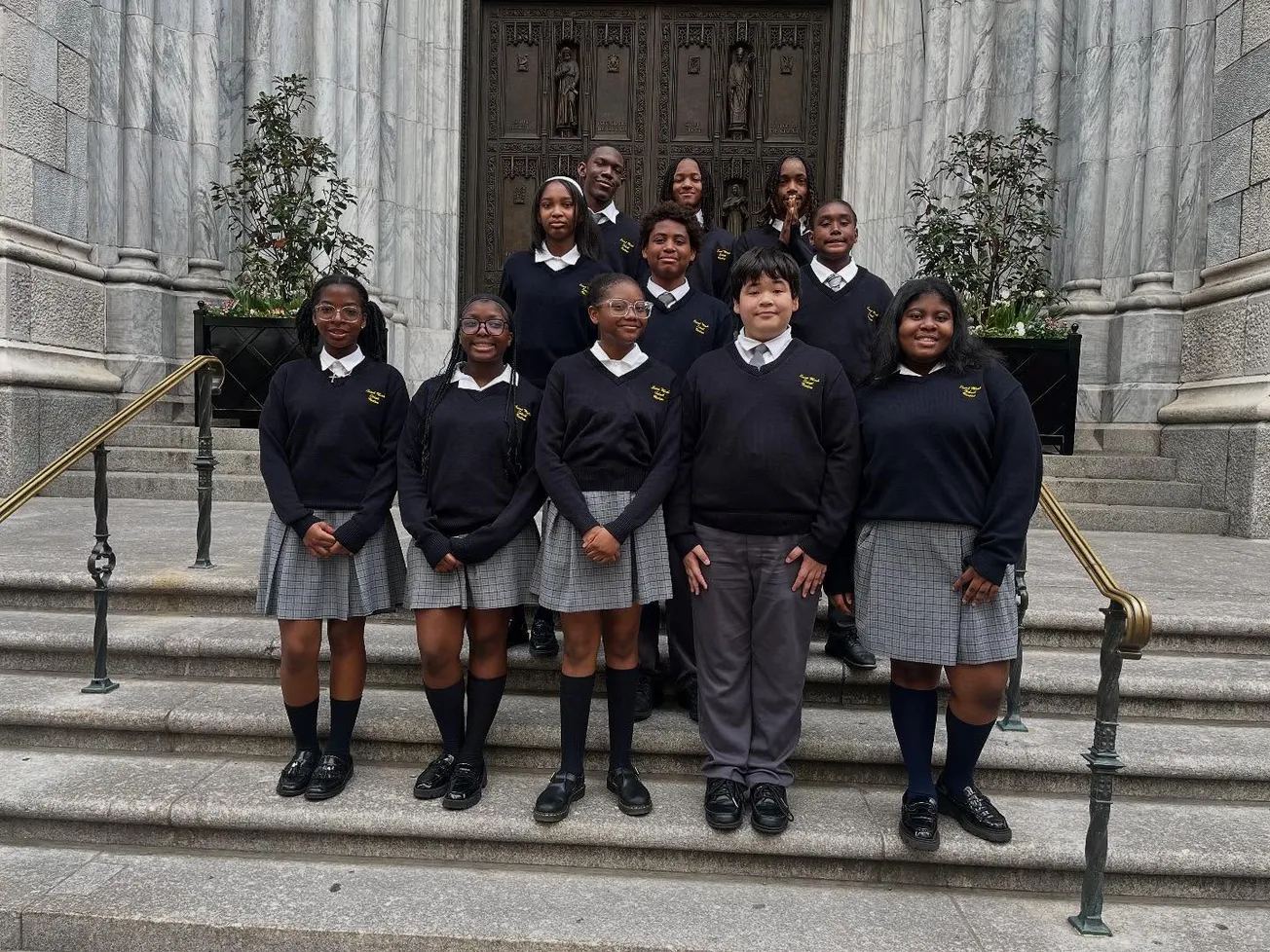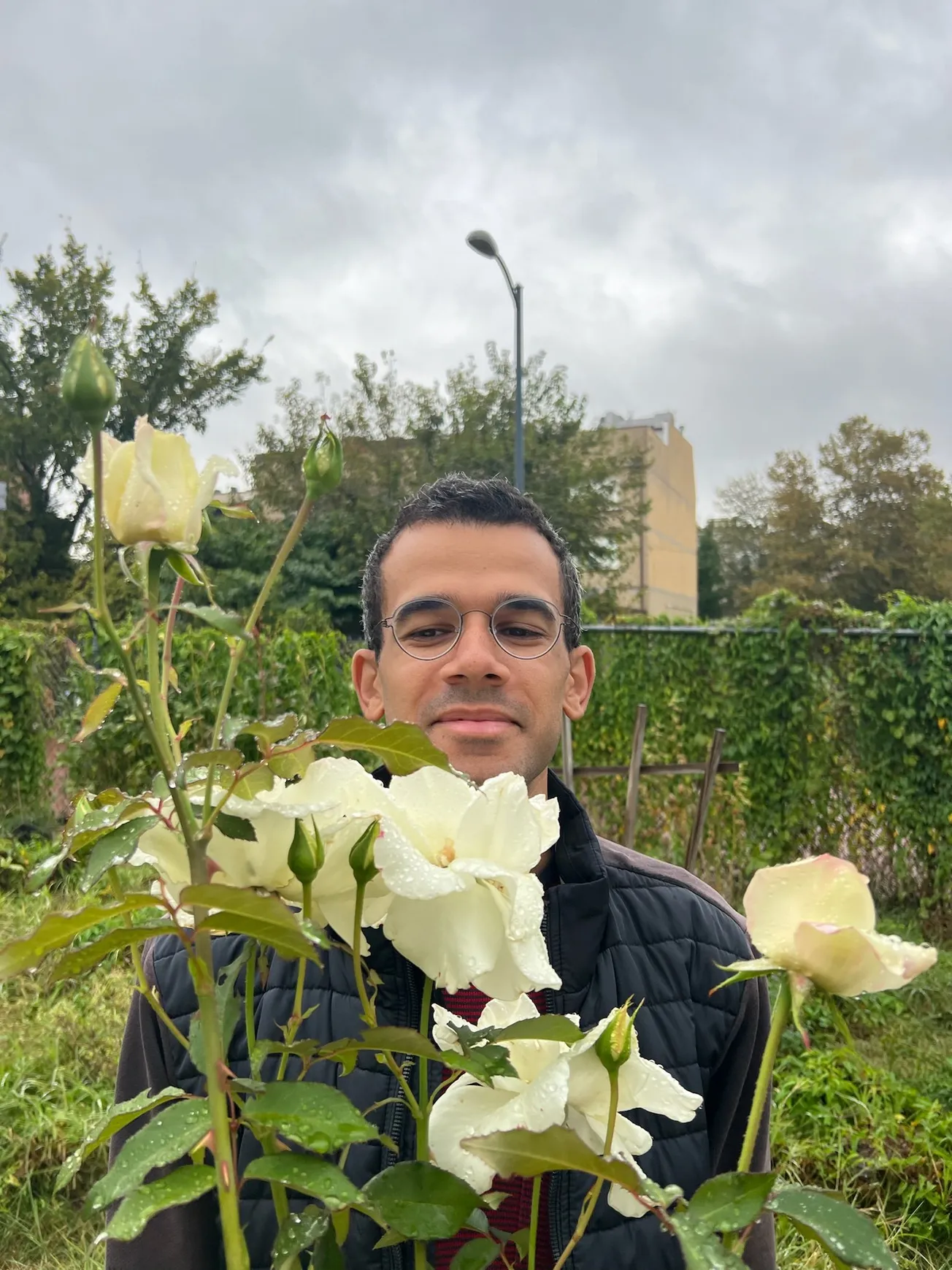Maryland’s Catholic bishops have commemorated the 160th anniversary of emancipation in the state, marking the day as a “pivotal moment in history.”
On Nov. 1, 1864, the Maryland Constitution was amended to reflect the dictates of President Abraham Lincoln’s Emancipation Proclamation, which did not apply to Maryland because it never seceded from the Union during the Civil War.
In their statement, the Maryland bishops lamented the scourge of slavery on the American ideal of liberty and the theological belief that all humans are made in the image of God.
“Slavery, in any form, is an affront to this divine image, reducing human beings to mere property and denying them their God-given freedom,” said the bishops in their first collective statement since May.
“The abolition of slavery in Maryland was a step towards restoring the fundamental truth that no person should ever be subjected to dehumanization.”
160 years ago, on Nov. 1, Maryland officially abolished slavery. In a joint message, the Md. #Catholic #bishops, including @WashArchbishop, Archbishop Lori & Bishop Koenig call us to recommit to the "work of healing, reconciliation and justice." https://t.co/oXfxbQKLf0 pic.twitter.com/zrezWumxec
— Maryland Catholic Conference (@mdcatholic) October 31, 2024
Among the signatories to the document are two of the nation’s five active African-American Catholic bishops, Cardinal Wilton Gregory of Washington—the first Black cardinal from the U.S.— and one of his auxiliary bishops, Roy E. Campbell Jr.
The other Catholic prelates of Maryland include Archbishop William Lori of Baltimore, the nation’s premier Catholic see, Bishop William Koenig of Wilmington, Auxiliary Bishops Juan Esposito and Evelio Menjivar of Washington, and Auxiliary Bishops Bruce Lewandowski, CSsR and Adam Parker of Baltimore,
While their new statement emphasizes the Church’s principles of human dignity and current abjurement of slavery, it does not mention Catholic participation in the practice, which spanned several centuries dating back to the colonial era.
Maryland was officially colonized in 1634 with the arrival of two English ships, The Ark and The Dove. The first proprietary governor of the Maryland Province, Leonard Calvert, was a Catholic whose family owned upwards of 50 Black people.
Seen for a time as a Catholic haven, the colony was the site of the first Catholic diocese in the U.S., organized in 1789 in Baltimore under Bishop John Carroll, a Jesuit who himself owned at least two enslaved Black men during his ministry. One he sold, and the other he bequeathed to his nephew while mandating his later emancipation.
The Jesuits more broadly were part of the sizable Catholic slaveholding apparatus in America, where slavery remained legal in Maryland for nearly nine decades after the Declaration of Independence. Efforts in recent years have uncovered thousands of descendants traced to Jesuit plantations in Maryland, and several genealogical groups have since been founded.
In total, four of the first five bishops of Baltimore owned slaves, including Carroll, his Jesuit successor Leonard Neale, and two Sulpicians, Ambrose Maréchal and Samuel Eccleston. They are not mentioned in the new statement from the current Maryland bishops.
Their emancipation commemoration also praises the Jesuit saint Peter Claver as an example of the Catholic call for social justice, given his work as the self-proclaimed “slave” of enslaved Africans in 17th-century Cartagena, Colombia. Not mentioned was that Claver, too, owned slaves during his ministry, one of several points of contention during the process for his canonization.
The bishops' statement does, however, call for continual and increased vigilance concerning affronts to human dignity, including racism and its compounding effects on society.
“This day is not only a time to look back with gratitude for the progress made, but also a time to look forward, recommitting ourselves to the work of healing, reconciliation and justice,” they said.
“As Catholics, we are called to be active participants in the promotion of justice, standing against all forms of oppression and advocating for the rights and dignity of all. This day reminds us that freedom is a gift from God that must be extended to everyone without exception.”
Nate Tinner-Williams is co-founder and editor of Black Catholic Messenger.


